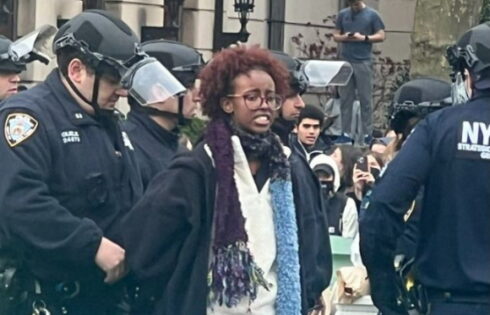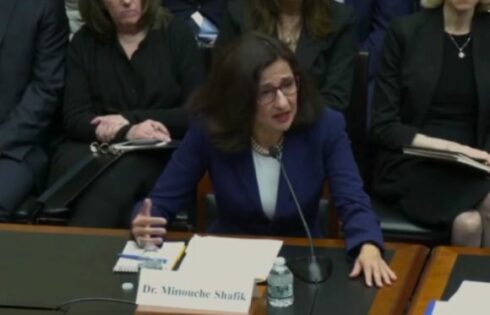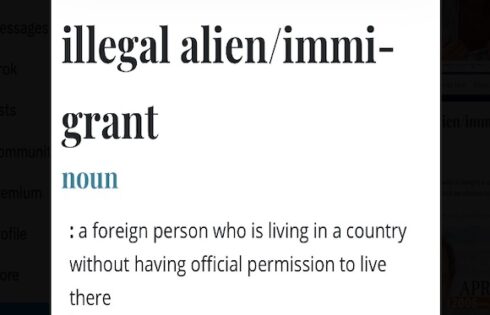
According to a new study by researchers at the University of Southern California, one-fourth of all comments made on online articles about rape and sexual assault include, according to an article at HuffPost College, “victim-blaming statements.”
Researchers looked at 52 “rape-related articles” in The Wall Street Journal, The New York Times, USA Today and the Los Angeles Times during the four months between December 2014 and March 2015. Included were stories about the allegations against Bill Cosby and the mess surrounding the Rolling Stone’s infamous report about an alleged rape at the University of Virginia.
Celebrities and public figures received more sympathy in comment sections, either directly expressed as such or via attacks on those making the rape/sexual assault allegation(s).
“I was surprised that so many people were so mean about these victims,” said Kristen Zaleski, associate professor at USC’s School of Social Work. “Even knowing what I know about rape culture, I didn’t expect so much hate and judgment and discriminatory attitudes and othering ― there was a lot of othering.”
Victims received more support and sympathy when the alleged perpetrator was not an American citizen or the assault occurred abroad. But in those cases, the victim-blaming comments were replaced by racist remarks.
The researchers found that one of the most common victim-blaming responses was when commenters gave instructions to rape survivors ― for example, telling them that they should have gone to the police immediately. …
In articles about celebrities accused of rape, readers would suggest there was a conspiracy afoot. In an article about Bill Cosby, for example, a commenter said that “anyone who doesn’t recognize the political agenda behind these attacks on Cosby hasn’t been paying attention.”
MORE: UVA fraternity has good libel case against ‘Rolling Stone’
Other commenters suggested that the survivor’s story was too unbelievable to be real or that too much time had passed for it to be real. They also accused victims of playing the “rape card,” or suggested they made up the charges after getting too intoxicated. …
“The people who had opinions about who’s to blame, who were basically blaming the survivors or victims, they would use the words ‘rape culture,’” Zaleski said. “They would be somewhat up on the topic and [say] it was bullshit, and one of the ways they would do that is talk about false reporting.”
So, people cannot question anything about a rape allegation without it being dubbed a “victim blaming” comment?
According to the study itself, one of its limitations is that during the time period in question “the media climate was rampant with articles about rape and sexual assault.”
Another, of which the researchers appear to be unaware, is that there are folks out there who just enjoy “stirring the pot” in comment sections … regardless of their true opinions.
Read the full article and study.
MORE: Law prof rips law that forces acceptance of anonymous rape reports
MORE: ‘Rape culture hysteria’ is based on a ‘Big Lie’ that qualifies as hate speech
Like The College Fix on Facebook / Follow us on Twitter
IMAGE: Kotin/Shutterstock




Please join the conversation about our stories on Facebook, Twitter, Instagram, Reddit, MeWe, Rumble, Gab, Minds and Gettr.